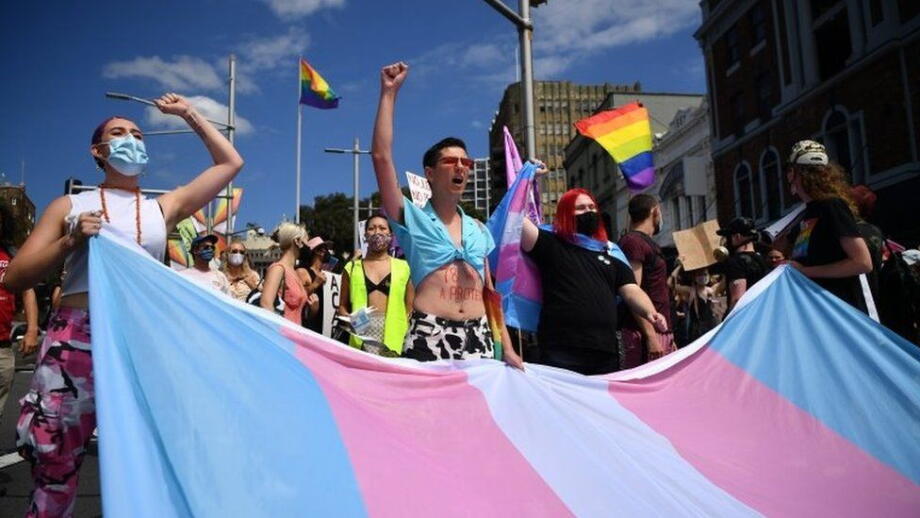In Short:
Every time we describe different aspects of our identity, we make choices about what to share when, and what language to use. This research is all about understanding how we choose those words and why – helping us all be treated fairly, no matter where we are.
About the project
By sharing your experiences, you’ll contribute to important research into how identity affects areas like work, education, and healthcare. Your voice will shape how we understand identity, the power of language, and how organisations can better support diverse communities.
Who can participate?
We're looking for...
- People of all genders (and outside the gender binary)
- Who are 18+
- Who can read & write in English
To take part in a short, anonymous 30-minute online survey.
What's involved?
You’ll answer questions about how you describe your identity in scenarios like job interviews or social settings, and share some personal background info (age, gender, etc.).
Your responses will be anonymous, and the data will only be used for research purposes. No identifying information will be collected.
Contact
Jacko Jackson
Research Fellow
Intersectionality & identity, Media, technology & online safety, The workplace & working lives
You may also like
Sex wars and TERF wars
An increasing number of people identify as feminists, but there is disagreement about whom and what feminism should be fighting for.
Gender expectations, socioeconomic inequalities and definitions of career success
Higher Education is generally regarded as a pathway to career opportunities, and research shows that students' expectations of their career success while they are studying are an important…
"Fitting in whilst standing out"
Professional British women of African, Asian, and Caribbean ethnicities contend with unique challenges and experiences in the workplace. These challenges are often due to experiences that occur at…




